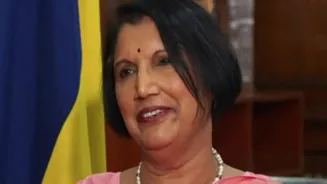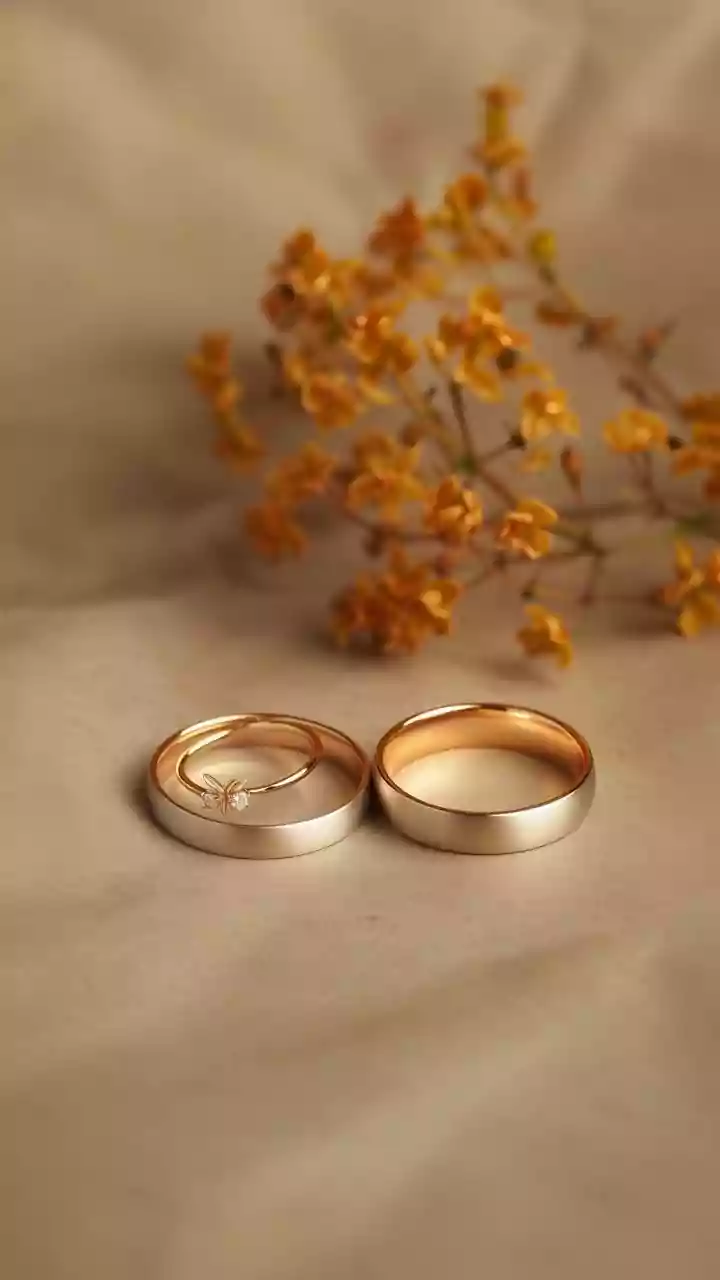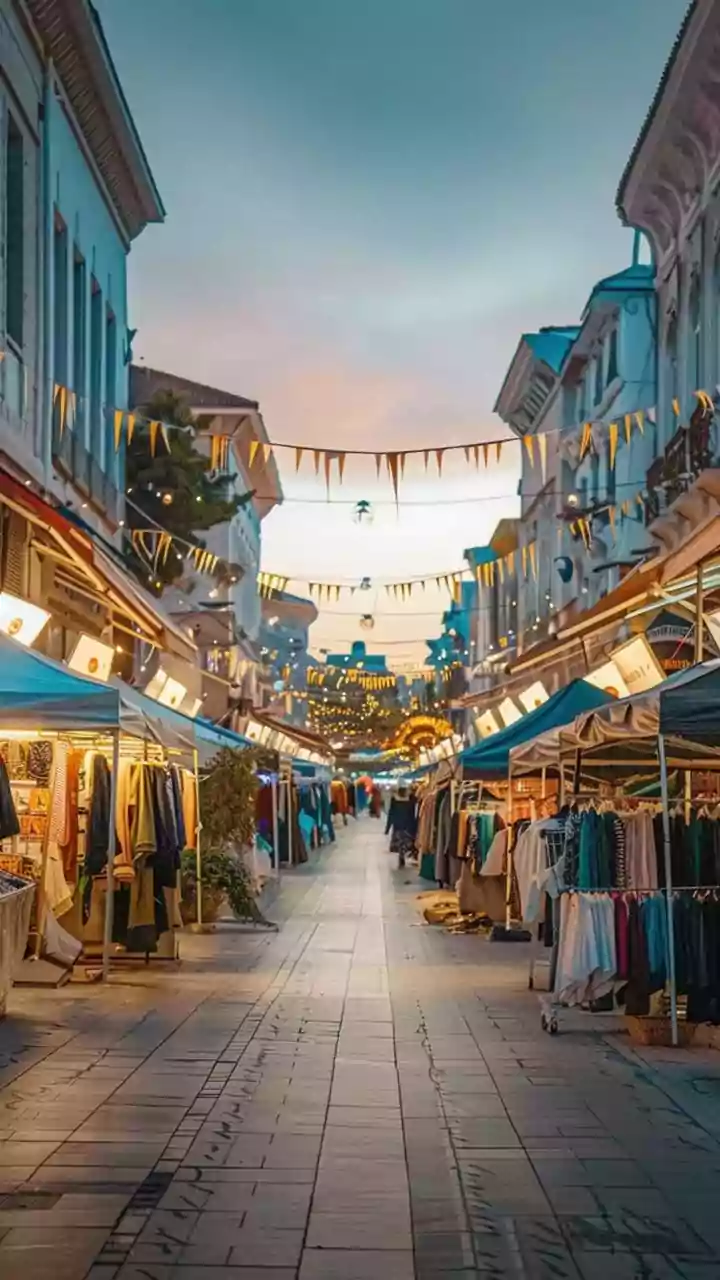The United States has imposed 50% tariffs on Indian imports, damaging relations between the two powerful democracies that had become strategic partners as of late. Mauritius has also been hit with 15%
tariffs by the Trump administration. Jyoti Jeetun, Minister of Financial Services and Economic Partnership of Mauritius, speaks to CNN-News18 and discusses how India and Mauritius can cooperate and boost ties in the face of global uncertainty led by Trump’s unconventional trade policies.
Q. How do you look at the India-Mauritius economic relationship?
The India-Mauritius Economic Partnership is based on the foundation of deep-rooted, historical, ancestral, cultural and linguistic foundations. So a very, very robust foundation. As you know, the vast majority of the people from Mauritius are originally from various parts of India. So, we have hundreds of years of history and a bond with India.
On that layer, then comes the economic partnership, which has been going on for many years. The Financial Services Centre is a very strong component of that economic partnership, where my ministry comes in. The Financial Services Centre in Mauritius started around 30 years ago. One of the biggest pillars has been the relationship with India and India as a market.
As you may be aware, Mauritius has been the first MTI driver to India for many years. We brought some Rs 180 billion of investment from Mauritius to India. It’s a very important trade partner. The DTA with India was amended in 2016, and since then, we have no longer the first MTI driver. We’ve become the third MTI driver after Singapore and the United States. However, India remains a very important market in terms of investment flows and financial relationships.
Having said that, there’s not just the Financial Services Centre, there’s also FinTech, and there’s IT. There are new emerging sectors such as the ocean economy, and renewable energy. And a number of other areas where we are developing further collaboration with the Indian government and Indian businesses.
Q. The other question would be that we are speaking at a time when the global order is in churn. Tariffs are dominating both headlines and the global order. How much impact will it have on the economy of Mauritius, and how can Mauritius and India work together to navigate this challenge?
That’s a very important question, very relevant at the time today. It’s true that all this tariff situation has created a lot of uncertainty and unpredictability in the world. And you can feel that there is a tectonic shift in the global world order. (From west to east, from north to south.)
My presence today in India within the India-Africa conclave becomes very relevant to what we are living through in terms of, let’s call it a crisis. Where Mauritius has received a tariff, we have also imposed tariffs. We are still negotiating.
I understand India has also been imposed some very severe tariffs. It’s a major setback, let’s face it. And we are all struggling to find our footing, and our businesses are struggling to find their way forward. Do we relocate our businesses to Mauritius or to an African country? But then tomorrow something else can happen. So it has created an atmosphere of immense unpredictability, uncertainty and setbacks.
I think it’s Winston Churchill who said never to let a crisis go to waste. We need to find where the opportunities are in all of this, and the collaboration that we can have, the regional collaboration between India and Mauritius, but also Mauritius as part of the bigger continent.
Mauritius is a member of the 55-member African Union. Mauritius is a member of SADC. All this brings not just a tiny country in the middle of the Indian Ocean with 1.2 million people, but also access to potential trade with the continent. So, in terms of market, but also in terms of, we were talking about that again earlier, about the possibility of trade, one thing that we have done between Mauritius and India this year was an MOU that was signed between the Bank of Mauritius and the Reserve Bank of India (for a local currency settlement system).
So, when we trade between both our countries, we will not be using US dollars. We will be settling in our local currencies. And that could be a game-changer for both our countries.
Q. Also, if you could elaborate a little bit, as far as cooperation in FinTech is concerned, UPI, which perhaps is very popular, and in fact, the Maldives will be coming up with UPI services very soon. So as far as FinTech cooperation is concerned, can we see the usage of UPI in Mauritius soon? Can Indians use UPI in Mauritius?
So UPI is already in Mauritius. UPI is already in Mauritius, but we are a very small domestic population. So it’s already there, but the potential to go into Africa is where really the opportunities will lie.
There are Indian companies in the FinTech, based in Mauritius, already doing business in Africa, like mobile payments or payment systems. So I think that’s where the opportunity lies. Because we have the ecosystem, we have people, the knowledge, years and years of experience, the economic stability, and political stability. There could be an immense opportunity and potential.
Q. There has been a longstanding concern of the Indian government about platinum being routed through Mauritius. What steps have been taken by your government to stop the flow of platinum?
It’s a fair question. There’s always been this perception. One thing is that our financial services sector, first there is the need for substance. So you can’t just route structures. You have to show substance. That’s a requirement. We have also put in place very robust anti-money laundering and EBC funding controls.
We have 12 really good regulatory, supervisory institutions in Mauritius, which are working on the police force, financial intelligence, and the financial ground commission. All of these are working together. As you might be aware, we found ourselves on the EU playlist a few years ago. We are under-compliant or largely compliant with all 40 FATF requirements. Just to show the robustness of our systems to be able to control and monitor any illicit or black money.
Q. How do people connect between the two countries? Because when Prime Minister Modi visited Mauritius, he offered Sangam water to Ganga Talao and Port Fluid. Could you talk to us about that and also the people-to-people connections?
India and Mauritius have a very special relationship. When Prime Minister Narendra Modi put that water in our Ganga Talao from the tributary, it was really very, very emotional and a special moment because the bond that I just mentioned goes back hundreds of years. We are all people of Indian origin, most of our population in Mauritius are people of Indian origin, and we have preserved a lot of the cultural values.
Yesterday was Ganesh Chaturthi, a national holiday in Mauritius. So, a lot of the festivals are celebrated. We celebrate Mahashivratri, Diwali, Holi, and Ugadi from various regions of India. I think that’s the bedrock of our relationship with India and why it’s so special. I get goosebumps when I think about it because there is something very, very emotional. That link with India is very, very deep-rooted and strong.























